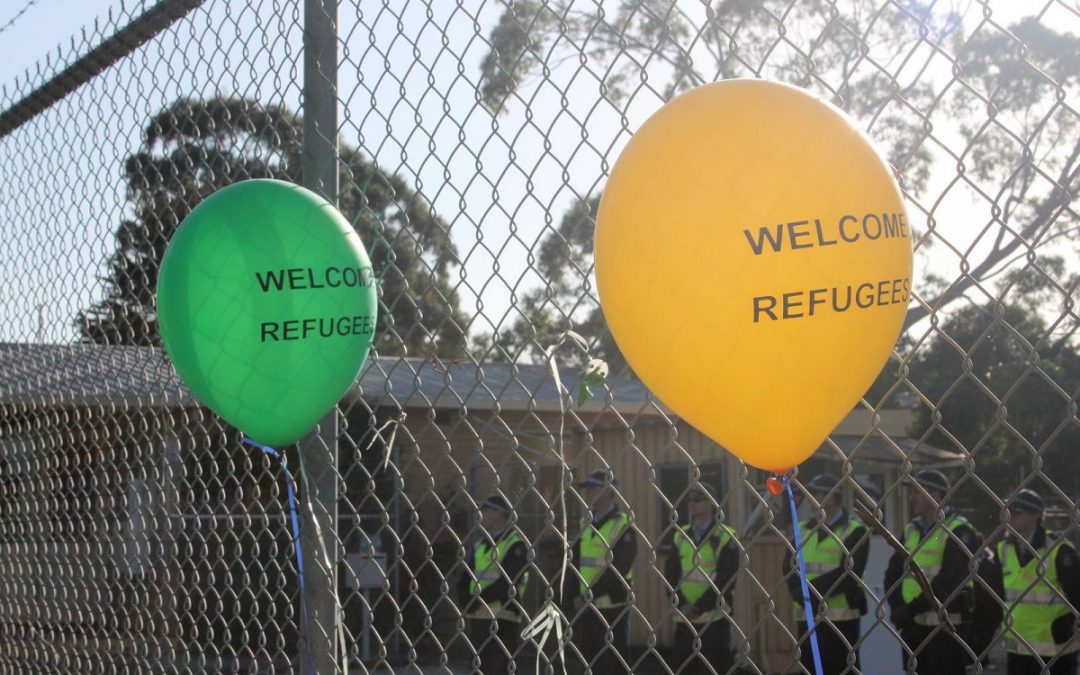The Council of Europe has published a report mapping procedures, practices and methods for assessing the age of unaccompanied children in Europe. The report raises concern over inaccuracies in age assessment of migrants related to widely different and often inadequate procedures and safe guards across Member States.
The report highlights inter alia that medical age assessment continues to be used as a common method for ascertaining an individual’s age, despite a wealth of evidence on their dubious accuracy and reliability. Another element of concern remains the application of margins of error to qualify the accuracy of age assessment methods. These findings confirm the conclusions drawn from practice across AIDA countries in 2017, where a majority of administrations continue to over-rely on medical methods. The appropriateness of these methods and their interplay with human rights are also the subject of a case pending before the European Court of Human Rights, concerning unaccompanied children in Italy.
Particular attention is paid by the Council of Europe report to procedural safeguards applicable in the age assessment context. There are wide disparities across the continent with regard to different safeguards, such as the issuance of a separate administrative decision on the age assessment outcome: a formal decision is issued in 10 Council of Europe countries, while in 12 countries it is incorporated in the decision on the asylum application.
The right to appeal an age assessment is intrinsically connected to the issue of procedural safeguards. According to the Council of Europe report, in 15 countries the individual has a right to challenge the outcome of an age assessment, although it is not specified whether this is guaranteed as a freestanding right or can only be exercised when a negative asylum decision is challenged. In the case of countries such as France, Sweden and Italy, the law allows individuals to appeal the age assessment itself. However, the scope of these appeals may also be an impediment to guaranteeing children an effective remedy. In Belgium, for example, the Council of State receives appeals against age assessment decisions but is not competent to review elements such as the reliability of the results of the medical examination or the evidentiary value of identity documents submitted by the individual.
“Being misidentified as an adult rather than a child when seeking international protection can have considerable implications on the level of rights and protection afforded to children by a receiving state. This ranges from being unable to access welfare services and support, to being detained as an adult, to not receiving public funding for legal representation during the asylum process. Migrant children are a vulnerable group and it is deeply concerning that the lack of coherent and adequate standards for age assessment exposes them to unnecessary risks,” says Elona Bokshi, ECRE Senior Policy And Project Officer – Children.
Statistical data on the number of children undergoing age assessment in Europe remain scarce to date. According to AIDA, the number of unaccompanied asylum-seeking children undergoing age assessment in the first half of 2017 was: 6,000 in Sweden, 314 in procedures conducted by the Home Office in the UK, 42 in Greece, 0 in Croatia.
For further information:
- AIDA, The concept of vulnerability in European asylum procedures, September 2017
- EASO, Age assessment practice in Europe, December 2013
Photo: (cc) Takver, July 2011

